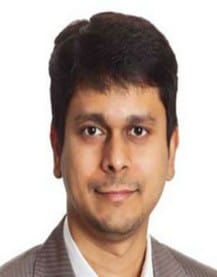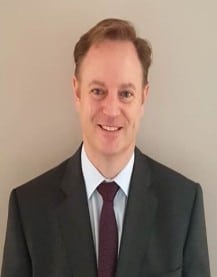Best Cardiologist in Gatton

Dr Alex Roati
Cardiologist
Dr Barveen Abu Baker
Cardiologist
at renowned National Heart Institute of Malaysia.

A/Prof Michael Back
Cardiologist
management of brain tumours for more than 25 years.

Dr Scott McKenzie
Cardiologist
establishing a Heart Failure service at Queensland Cardiovascular Group, encompasing education, in-home heart failure monitoring and advanced heart failure care.

Dr Tomos Walters
Cardiologist
and arrhythmia management.

Dr Nazar Bilgrami
Cardiologist
experience. His current focus of interests includes heart failure, cardiac arrythmias and cardiac imaging.

Dr Hari Adoni
Cardiologist
of Health Sciences in India. He worked as a resident in United Kingdom before moving to Perth, Australia.

Dr David Platts
Cardiologist
at The Prince Charles Hospital in Brisbane and an Associate Professor within the School of Medicine, at the University of Queensland.

Dr James Cameron
Cardiologist
post-graduate Fellowship studies at Tufts New England Medical Centre in Boston.

Dr Michelle Butler
Cardiologist
Hospital Clinical School.
What is cardiology?
Cardiology is the study of the heart, it is a branch of internal medicine that deals with diseases of the heart, the blood vessels near the heart and the blood circulation. A cardiologist is a specialist in internal medicine who has specialized in the treatment of heart disease through additional training. A cardiologist examines the development of cardiovascular diseases and specializes in curing them. These include diseases such as high blood pressure, coronary heart disease, heart attack, heart failure (heart failure) and cardiac arrhythmias.
What is a cardiologist?
Cardiology is a branch of internal medicine as an independent subject. A cardiologist specializes in diagnosing and treating diseases of the cardiovascular system. This specialist area is to be distinguished from the sub-area of cardiac surgery. A cardiologist is not the same as a heart surgeon. This opens the chest and performs heart surgery. The cardiologist, on the other hand, examines and diagnoses cardiovascular diseases and performs interventions such as cardiac catheterization or the insertion of a pacemaker.
What does a cardiologist do?
Cardiologists study, diagnose and treat diseases of the cardiovascular system. They are similar to other doctors in that they have to assess their patients, examine their medical history, and develop a treatment plan. You must also be able to answer patient questions in the cardiology department and communicate with the patient’s family during treatment. As part of the family history, heart attacks, strokes and sudden cardiac deaths are recorded and with regard to the presence of a heart disease, questions are asked about lifestyle (physical activity, alcohol and tobacco consumption, etc.) and the associated risk factors. Many of her professional responsibilities are specifically focused on treating the heart.
Categories
- Allergist (5)
- Anesthesiology (2)
- Cardiologist (288)
- Cosmetic Surgeon (79)
- Dentist (261)
- Dermatologist (48)
- Dermatology (150)
- Endocrinologist (22)
- ENT Specialist (239)
- Family Physicians (1)
- Gastroenterology (121)
- General Practitioner (226)
- General surgeon (37)
- Hepatologist (2)
- Immunologist (4)
- Medical Contributors (259)
- Medical Expenses (2)
- Nephrologist (46)
- Neurosurgeon (91)
- Obstetrician and Gynecologist (18)
- Oncologist (99)
- Ophthalmologist (30)
- Orthopaedic surgeon (87)
- Osteopath (64)
- Otolaryngologist (6)
- Paediatric surgeon (7)
- Paediatrician (5)
- Pathologist (64)
- Plastic Surgeon (285)
- Podiatrist (295)
- Psychiatrist (23)
- Radiologist (17)
- Rheumatologist (7)
- Uncategorized (19)
- Urologist (102)
- Vascular surgeon (6)





